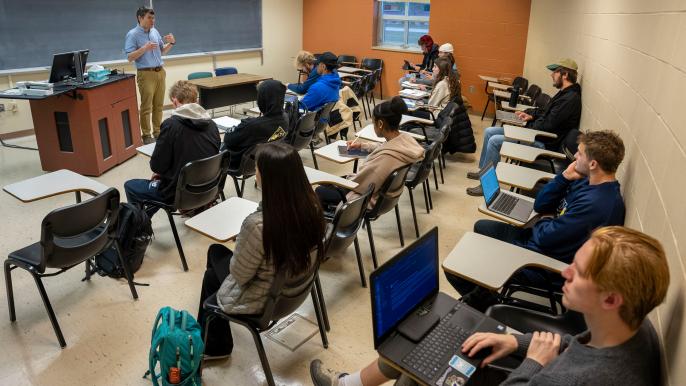Students in this major learn the systematic study of mathematical and statistical analysis of economic phenomena and problems, as well as using cause-and-effect to make sense of the financial world.
- With a focus on the quantitative side of economics, students in this major analyze situations using models and perform empirical analysis and computer simulations.
- Quantitative economics is a designated STEM (science, technology, engineering & mathematics) major — recommended for international students looking to qualify for the optional practical training (OPT) extension or students pursuing economic graduate programs.



